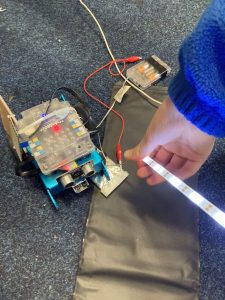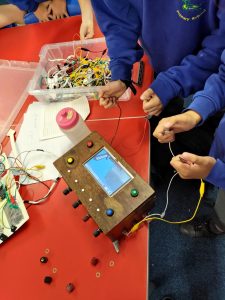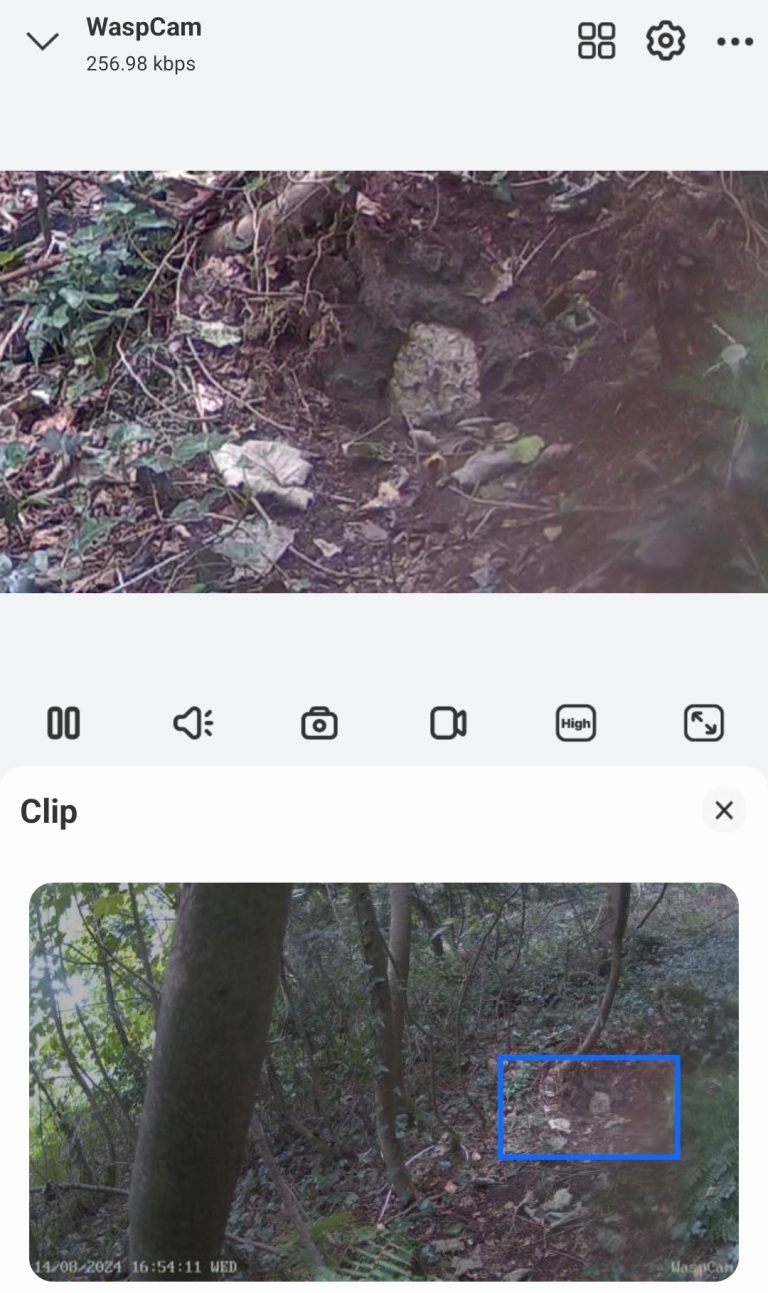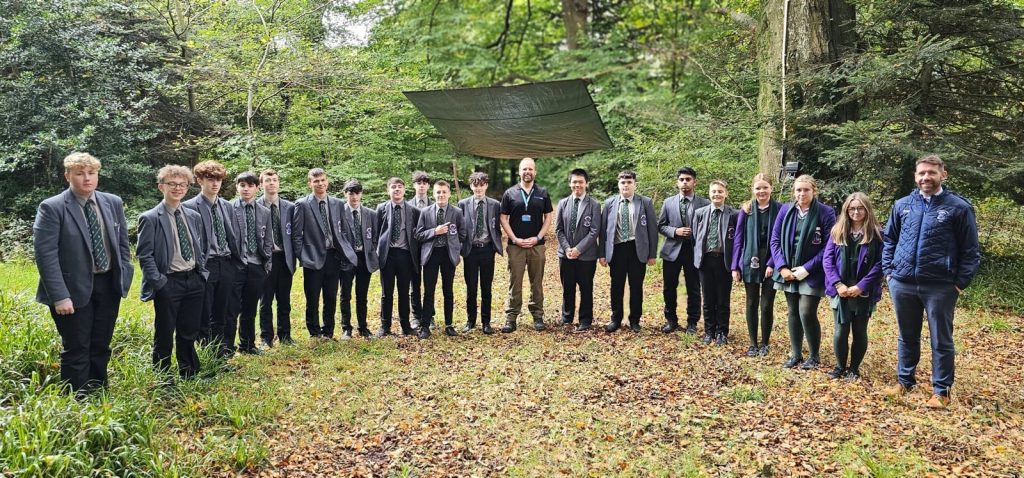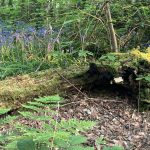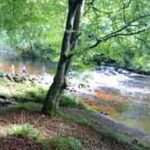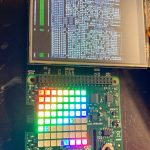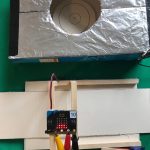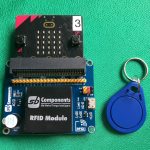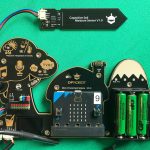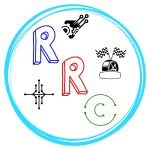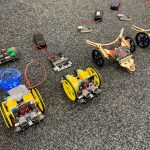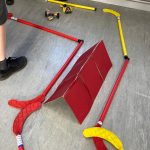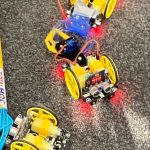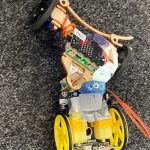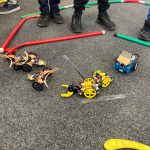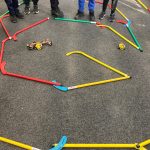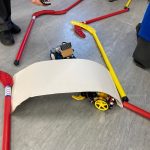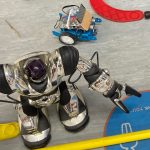Oxford Digital Ecologies Conference
Comments Off on Oxford Digital Ecologies Conference
November 8, 2024
Expressing how we feel through technology
Comments Off on Expressing how we feel through technology
November 2, 2024
WaspCam finds a nest in need of attention!
Comments Off on WaspCam finds a nest in need of attention!
October 7, 2024
WatchBox location; outdoor robot area and wasps!
Comments Off on WatchBox location; outdoor robot area and wasps!
August 8, 2024
Debate Outcome: faith in humanity restored!
Comments Off on Debate Outcome: faith in humanity restored!
February 24, 2024
- 1
- 2
- 3
- 4
- …
- 7
- Go to the next page
















































